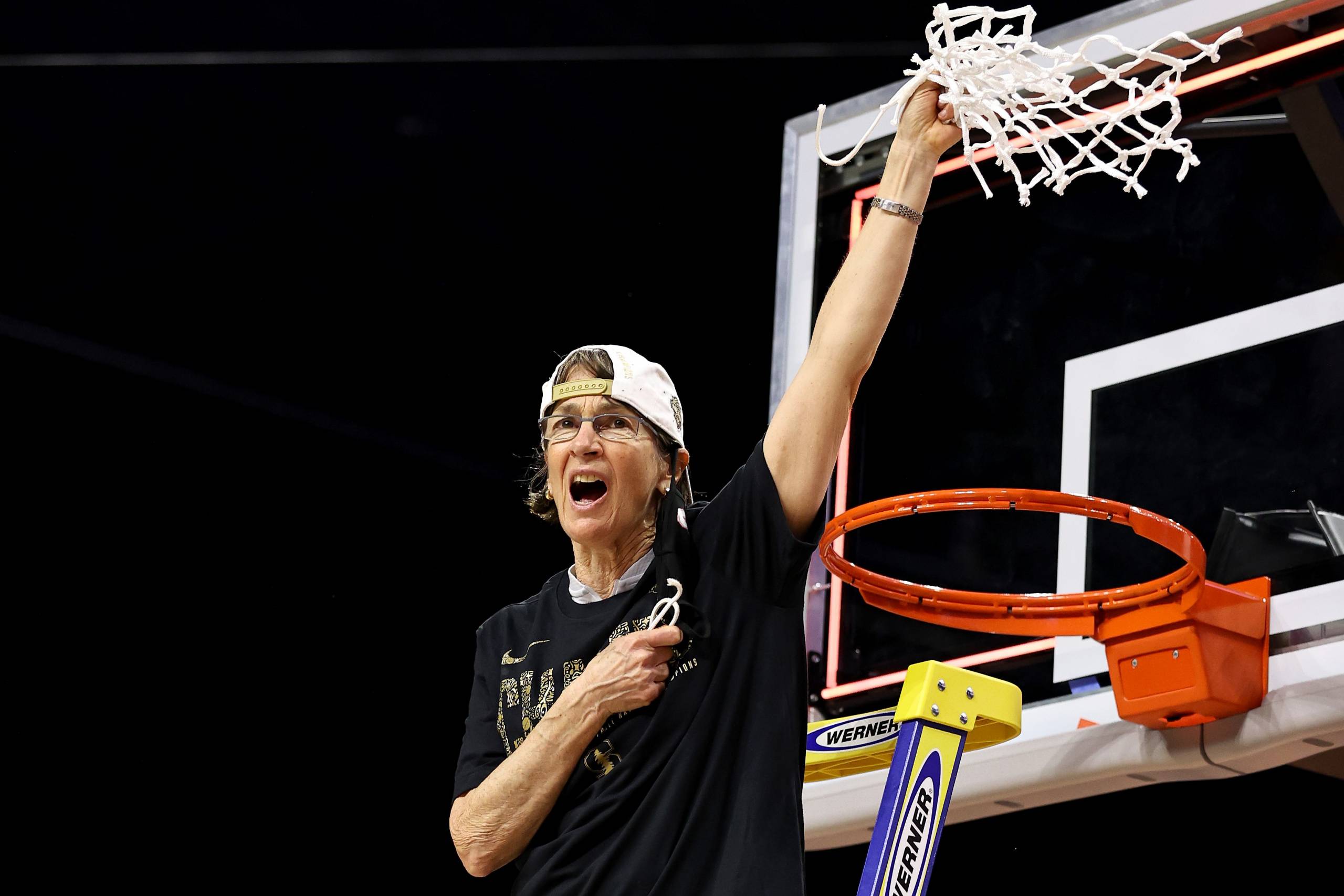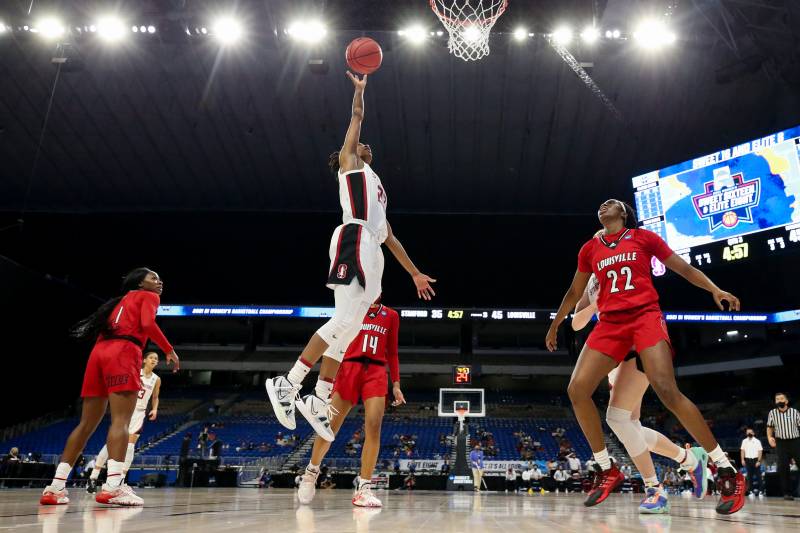Following the release this week of an external review that found that the NCAA has underfunded and undervalued women’s sports for years, many female college coaches and athletes are corroborating the report’s findings.
In a statement released on Tuesday, Danielle Donehew, executive director of the Women’s Basketball Coaches Association, said that the report’s findings validated the concerns expressed by many female coaches in the sport.
“The report is exhaustive,” she said. “The report addresses every issue of great concern, including branding, marketing and staffing of the women’s championship.”
WBCA Executive Director @DanielleDonehew reacts to the release of the Kaplan Hecker & Fink LLP report from its gender equity review of @NCAA women’s and men’s basketball programs.
Full statement and report: https://t.co/tvQJ3YGJDu#OurFairShot | @OurFairShot pic.twitter.com/QbHbWJtbrs
— Women’s Basketball Coaches Association (@WBCA1981) Aug. 3, 2021
The review was prompted in March after the NCAA came under fire from athletes and fans after a video of the minimal equipment in the women’s weight room at the organization’s championships was posted by University of Oregon basketball player Sedona Prince.
The video, which immediately gained traction and was widely critiqued on TikTok, showed that the NCAA did not provide the women’s Division I basketball teams the lavish amenities that it did for the men’s tournaments. The NCAA commissioned the review shortly afterward.
Led by New York law firm Kaplan Hecker & Fink LLP, the report recommends reforms to the NCAA’s basketball programs. It calls for a combined Final Four tournament and changes to the organization’s leadership structure, media contracts and revenue calculations.
“With respect to women’s basketball, the NCAA has not lived up to its stated commitment to ‘diversity, inclusion and gender equity among its student-athletes, coaches and administrators,'” the report states.
On Thursday, KQED spoke with Tara VanDerveer, the head women’s basketball coach at Stanford University with a record of over a thousand career victories, to understand how the report’s findings could affect women’s basketball for years to come.
The following interview has been edited for length and clarity.
KQED’s Natalia Navarro: How does this report inform the long-standing inequalities that you’ve noticed?
Tara VanDerveer: It’s a battle to deal with the disparities between how the men are treated at the NCAA tournament and how women are treated. Whether it’s the weight room, the food, hotel accommodations — all kinds of things have really come to the forefront and need to be discussed and changed.

What other specific examples of differences between the way the men’s and the women’s teams are treated have you seen?

